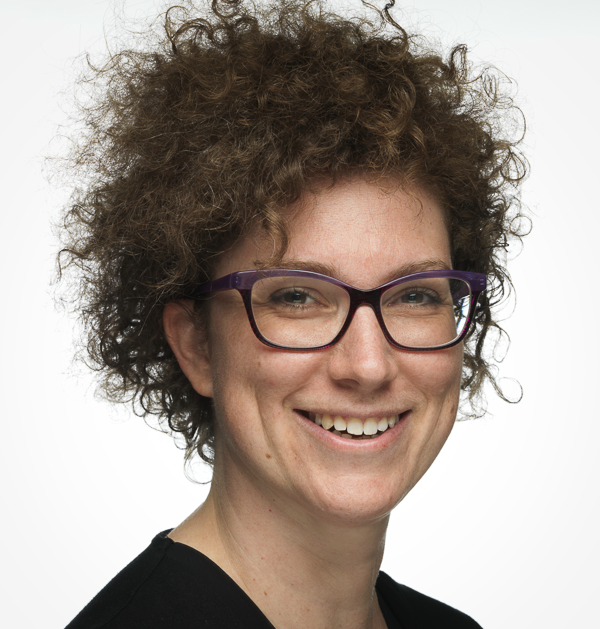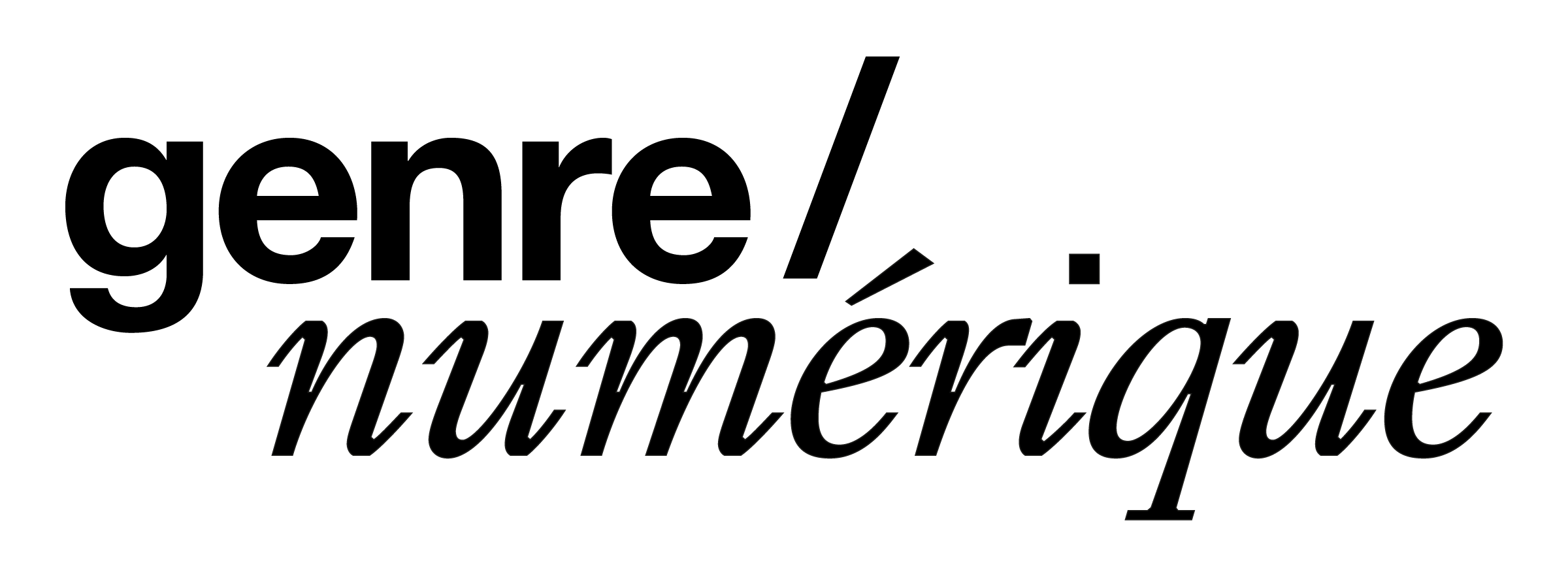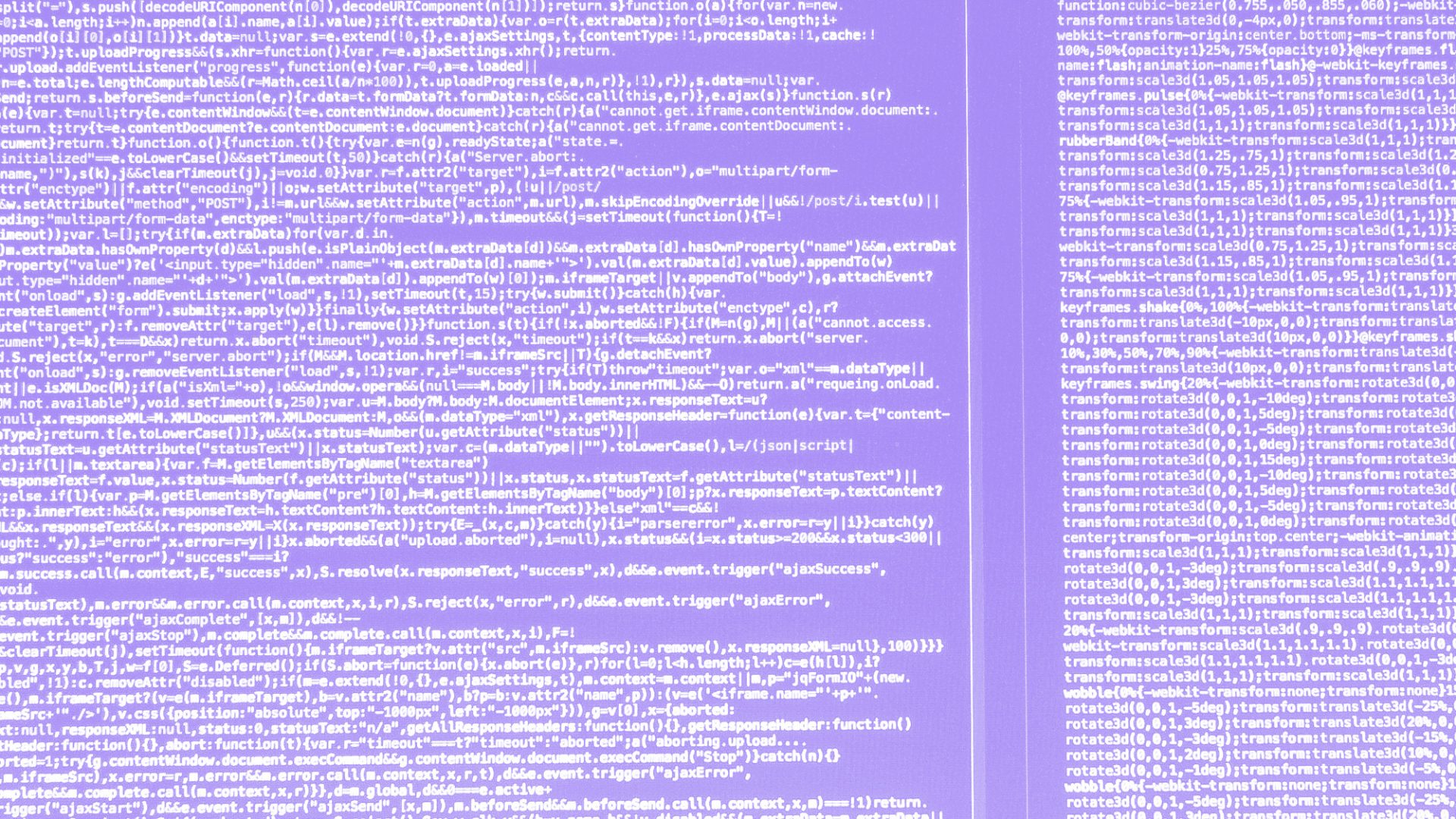Escape games pédagogiques (FR)
Coordination
Sous forme de “mission impossible”, nous vous proposons d’entrer dans l’univers des escape games pédagogiques. Votre mission, si toutefois vous l’acceptez, consistera à penser les fondements d’un escape game sur la thématique du “genre et numérique” en 3x une heure (possibilité de participer à un ou plusieurs des ateliers). Ce travail servira ultérieurement à concevoir, puis à jouer cet escape game lors de futurs événements du projet “Egalité de genre et transformation numérique”.
Maud Plumettaz-Sieber

Doctorante en didactique de l’informatique (TECFA – Université de Genève), Maud Plumettaz-Sieber travaille également comme conseillère pédagogique à la Haute Ecole de Travail Social (HETS) à Fribourg. Dans son travail, elle adopte une méthodologie de type recherche orientée par la conception (ROC) où elle collabore avec différents acteurs (enseignants, informaticiens, chercheurs, game designer, graphiste) pour co-concevoir des dispositifs techno-pédagogiques composés du jeu et d’un scénario pédagogique. Elle a notamment conçu l’escape game “Homo Novus” dédié à la découverte des ressources numériques utilisables dans l’enseignement à l’université et dans l’enseignement secondaire. Dans sa thèse, elle souligne l’importance du débriefing après une expérience de jeu pour amener les élèves à réfléchir aux apprentissages réalisés lors de la session de jeu.
Catherine Bonnat

Maîtresse assistante à l’Université de Genève Catherine Bonnat est également Directrice des programmes romands de didactique disciplinaire à l’Université de Fribourg (Suisse). Se thèse et ses travaux post-doctorat se situent en didactique des sciences (biologie) et environnements informatiques d’apprentissage. Plus précisément, ses recherches portent sur la conception de situations d’apprentissages en sciences en intégrant des environnements numériques, pour aider l’enseignant·e et les élèves.
Inclusion and Tech
Coordination
Magaly Mathys

Magaly Mathys est la responsable Program & Education pour Trust Valley, le pôle de compétences lémanique en matière de confiance numérique et de cybersécurité. En 2019, elle a co-fondé Powerhouse Lausanne, qui a pour mission de proposer un écosystème solidaire pour aider des personnes à reconstruire leur carrière, notamment dans les technologies de l’information.
Discussion 1 – Les femmes dans la tech : des paroles aux actes
Qu’est-ce qui marche – ou ne marche pas, quelles pistes pour améliorer une situation qui progresse lentement ?
Discussion 2 – Diversifier la tech : un défi de taille
Quelles pistes pour faire du milieu informatique un espace non-discriminant?
Discussion 3 – La numérisation comme facteur d’exclusion
Dans une société qui est et se veut de plus en plus numérisée, comment inclure la partie de la population qui pourrait être sujette à l’exclusion ?
On algorithms and other magical beliefs– the way we speak, the way we think, the way we digitalize
As digitalization advances rapidly and we use algorithms to make Real Life decisions, we have to ask ourselves how it is possible to believe that algorithms can solve societal issues without questioning if they may provoke actual and irreversible harm to people.
We have to ask ourselves why we believe that numbers and statistics are neutral or even logical, while they are another language that reflects upon human thinking und understanding.
We also have to ask ourselves why we implement algorithms without being able to fully account their designers (governments, firms, engineers and other stakeholders) for the harm they may cause in Real Life situations.
We eventually believe that algorithms are magical.
But algorithms are not magical. They can be discriminatory, fully of racial or gender biases and highly unethical because they reflect upon humans and their social constructs and beliefs.
Thus, we have to ask ourselves if the time has come to a social change towards a fair and equal society.
Marianthe Stavridu

Marianthe Stavridou is Head of Business Ethics at CCRS. She studied Linguistics and History at the University of Bern (Switzerland), Sociology and Law in Milan and Rome (Italy) and Corporate Communications and Sustainable Finance at the University of Zurich (Switzerland). Prior to CCRS, she worked in different institutes, think tanks and the private sector. Her research interests include social resilience, migration, entrepreneurship, inclusive growth, SMEs, the SDGs, and business ethics.
Your Personal Data, Your Life… Take control!
You might say “I know Google, Tinder and my fertility app collect my data”
You might think “I have nothing to hide!”
But are you sure? These companies are very opaque and the data economy is very complex.
Do you know how your personal data is used to influence your behaviour ?
Find out what companies know about you and what you can do with your data
This is a participative workshop to recover your data and discuss about it.
In one hour you will learn very concretely how to:
– Download the data aggregated about you by the social network(s) or dating application(s) of your choice;
– Read your data files and visualise what the data says about your professional, personal and even intimate life;
– Understand how this information is used to attract your interest, maximise the time you spend on the application, or influence your choices and opinions;
– Discuss with experts about social and legal issues based on your experience analysing your personal data
Requirements
We will be using the digipower.academy tools: https://digipower.academy/
Before the workshop, recover your data by going to the digipower website, select the app you use in the menu bar, follow the given steps to recover your data, bring your computer and your data to the workshop. You will analyse it on your computer, we don’t collect your data!
If you don’t have your data, come and see what we found out analysing our data!
The Digipower.academy has emerged out of projects initiated separately by SITRA , Migros Pioneer Fund (via the HestiaLabs project) and PersonalData.IO
If you need help contact kamilou.issaka@personaldata.io
Coordination

